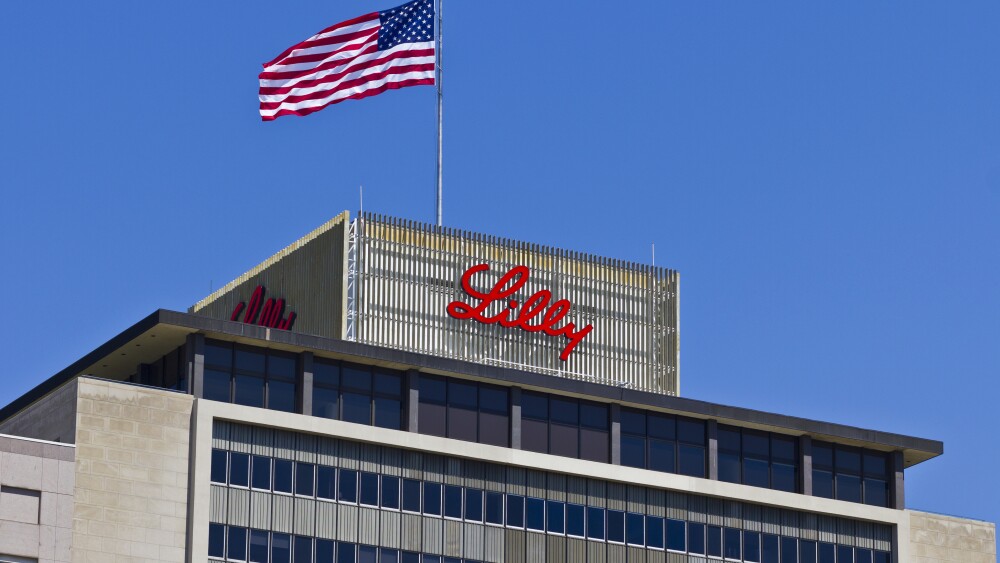Oral Presentation Details Dose Optimization of Pre-Clinical Otelixizumab Surrogate
NEW ORLEANS, June 8 /PRNewswire/ -- Tolerx, Inc., a biopharmaceutical company engaged in the discovery and development of novel therapies for immune-mediated diseases, today presented results from a pre-clinical dose-optimization study conducted with a surrogate of its Phase 3 anti-CD3 monoclonal antibody, otelixizumab, at the 69th Scientific Sessions of the American Diabetes Association (ADA), which is continuing until June 9, 2009 in New Orleans, Louisiana.
The presentation (#297-OR), entitled "Dose Ranging Studies of an Anti-CD3 Antibody in NOD mice to Determine Minimum Effective Dose," was part of an Oral Session on Antigen-Specific and Non-Specific Regulation of Type 1 Diabetes. In the session, Dr. Devangi Mehta, Tolerx Senior Scientist, presented data demonstrating the effects of modified dosing regimens of the anti-CD3 monoclonal antibody in a commonly used non-obese diabetic (NOD) mouse model of autoimmune diabetes.
Tolerx researchers conducted dose-ranging studies to establish the minimum effective dose and to investigate pharmacodynamic (PD) parameters, including T-cell receptor (TCR) modulation, that correlate with efficacy in a preclinical model of diabetes. Evaluation of a dose of 8ug (0.0004mg/kg) of anti-CD3 antibody, a 30-fold reduction from previously investigated dosing regimens, induced up to 53% remission of diabetes, a response rate equivalent to those achieved with a 250ug (0.0125mg/kg) dosing regimen in other studies. This result demonstrates that lower doses of anti-CD3 monoclonal antibody, causing partial TCR modulation, are efficacious in this model, and that high doses resulting in full TCR modulation are not required to achieve similar rates of remission.
These data, combined with a rigorous Phase 2 clinical development program assessing more than 10 dosing regimens, have led to the identification of a dosing regimen that is expected to result in optimal TCR modulation, enhanced tolerability, no immunogenicity, beneficial clinical activity, and an improved safety profile. This regimen is currently being evaluated in the ongoing multinational Phase 3 clinical trial, DEFEND, which is characterizing the safety and efficacy of otelixizumab, a novel anti-CD3 monoclonal antibody, in new onset autoimmune type 1 diabetes patients.
About the DEFEND Study
DEFEND is a randomized, placebo-controlled Phase 3 trial intended to enroll approximately 240 adult patients, age 18 to 35, with newly diagnosed autoimmune type 1 diabetes. DEFEND is being conducted at multiple centers throughout Europe and North America. The trial is designed to evaluate whether a single course of otelixizumab, administered not more than 90 days after the initial diagnosis of autoimmune type 1 diabetes, will preserve beta cell function as measured by c-peptide, a surrogate measure of beta cell function. The primary endpoint will be a measurement of C-peptide, a surrogate measure of beta cell function. For information about DEFEND, please visit: www.DefendAgainstDiabetes.com.
About Type 1 Diabetes
Diabetes (medically known as diabetes mellitus) is the name given to disorders in which the body has difficulty regulating its blood glucose (sugar) level. There are two major types of diabetes: type 1 and type 2. Type 1, previously known as juvenile diabetes or insulin-dependent diabetes, is a disorder of the body's immune system. In type 1 diabetes, the immune system attacks and destroys the insulin-producing beta cells in the pancreas. As a result of the decrease in endogenous (natural) insulin production, patients must monitor their glucose levels frequently and administer insulin regularly to control their blood glucose levels.
About Otelixizumab
Otelixizumab is a novel monoclonal antibody being developed for the treatment of type 1 diabetes and other autoimmune diseases. Otelixizumab targets CD3, a T lymphocyte receptor involved in normal cell signaling. Otelixizumab has not yet been approved for marketing. Data suggest that the antibody may work in patients with type 1 diabetes who have residual beta cells by blocking the function of effector T cells that mistakenly attack and destroy insulin-producing beta cells, while stimulating regulatory T cells that are understood to protect against effector T cell damage, thus preserving the beta cells' ability to make insulin.
About Tolerx
Tolerx is a biopharmaceutical company engaged in the discovery and development of novel therapies for immune-mediated diseases. The company's pipeline includes its lead candidate, otelixizumab, an anti-CD3 monoclonal antibody partnered with GlaxoSmithKline in Phase 3 development for the treatment of type 1 diabetes; a Phase 1 candidate, MTRX1011A, an anti-CD4 antibody that is being developed in collaboration with Genentech, Inc. for the treatment of autoimmune indications; and two pre-clinical candidates, TRX518 and TRX385, that enhance immune responses and are being evaluated for potential benefit in the treatment of cancer, chronic viral diseases, and as vaccine adjuvants. Tolerx is a privately held company headquartered in Cambridge, MA USA. For more information, please visit www.tolerx.com.
CONTACT: Jessica Johnson of Tolerx, Inc., +1-617-999-9389
Web site: http://www.tolerx.com/




